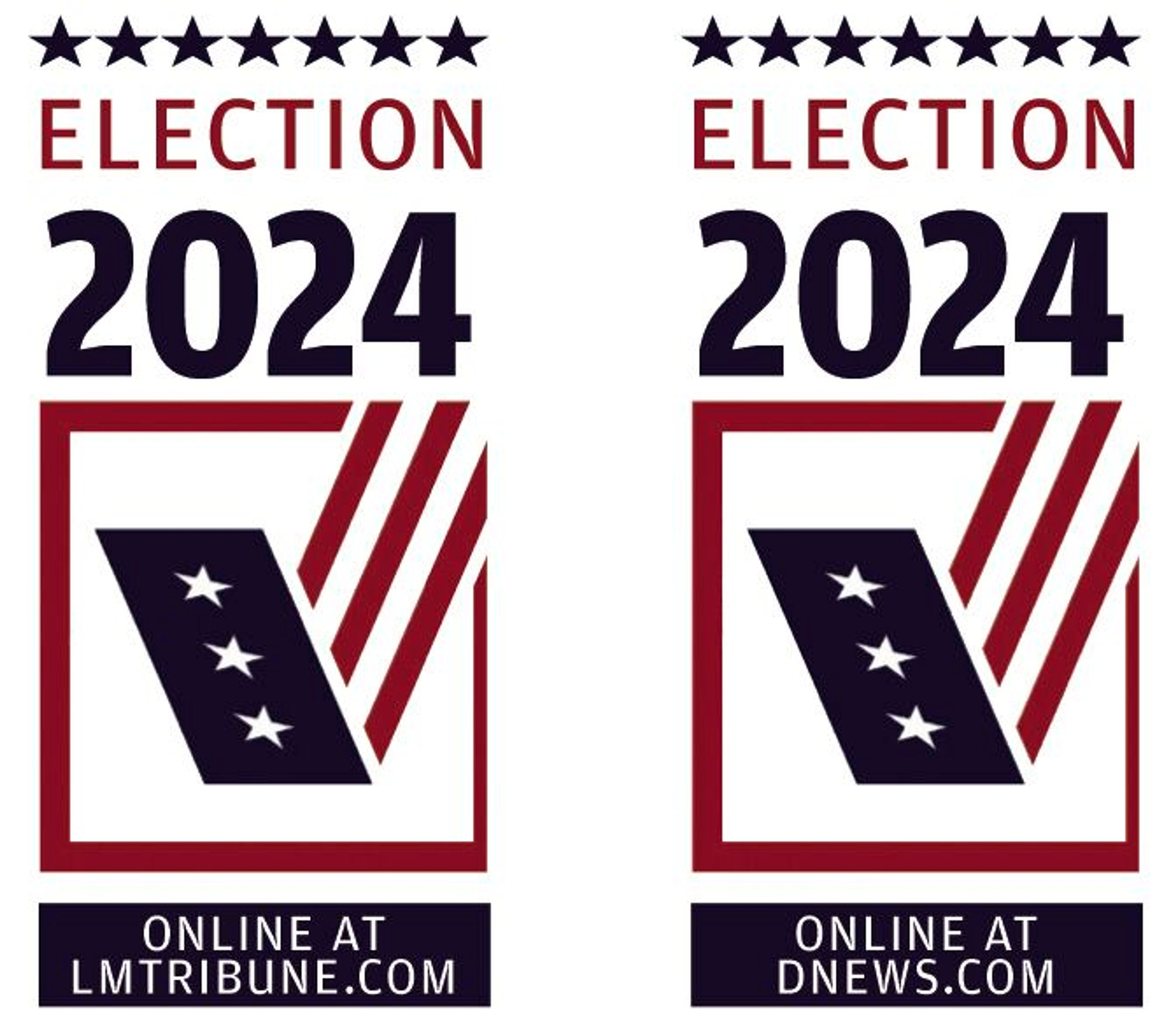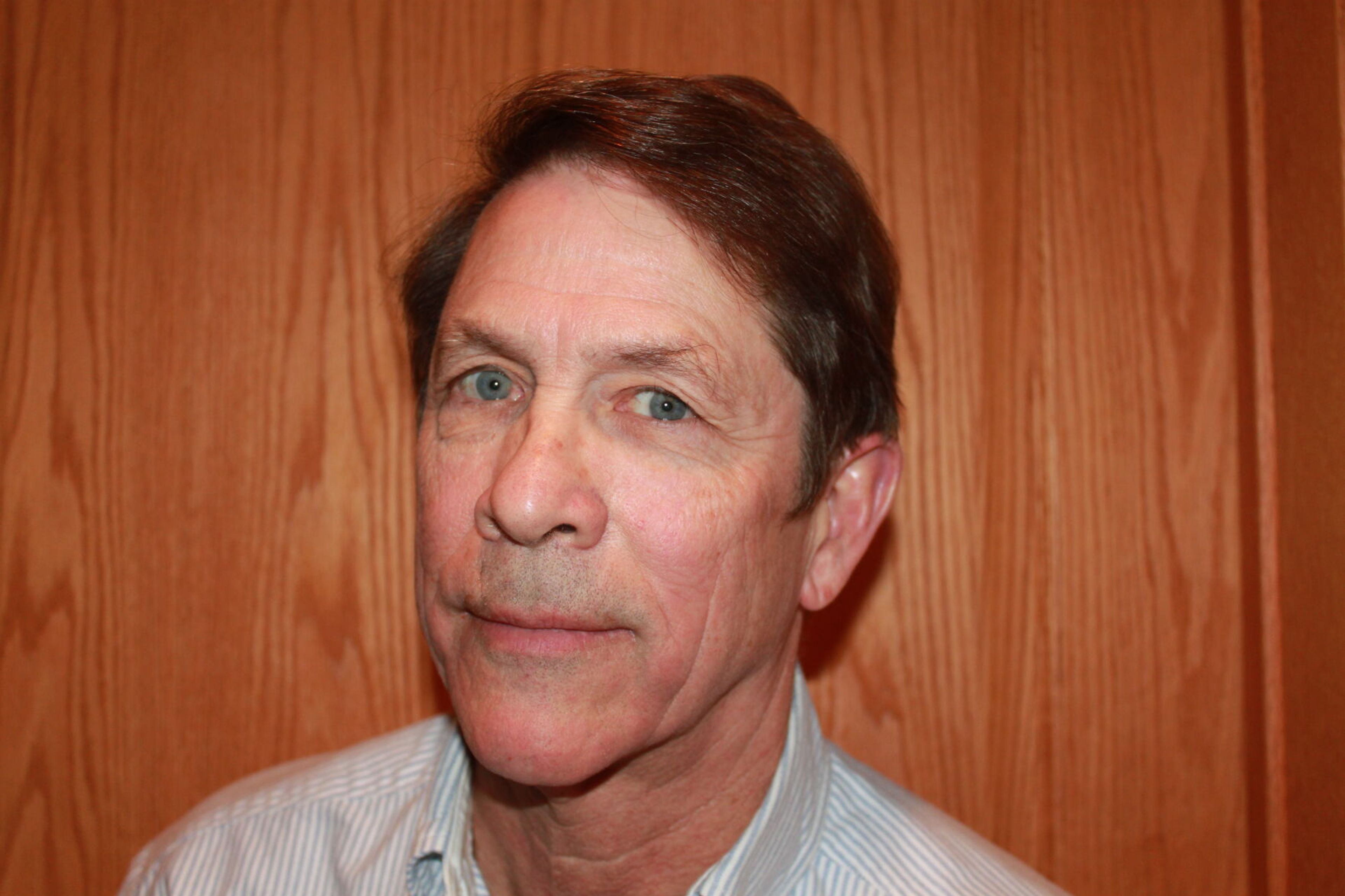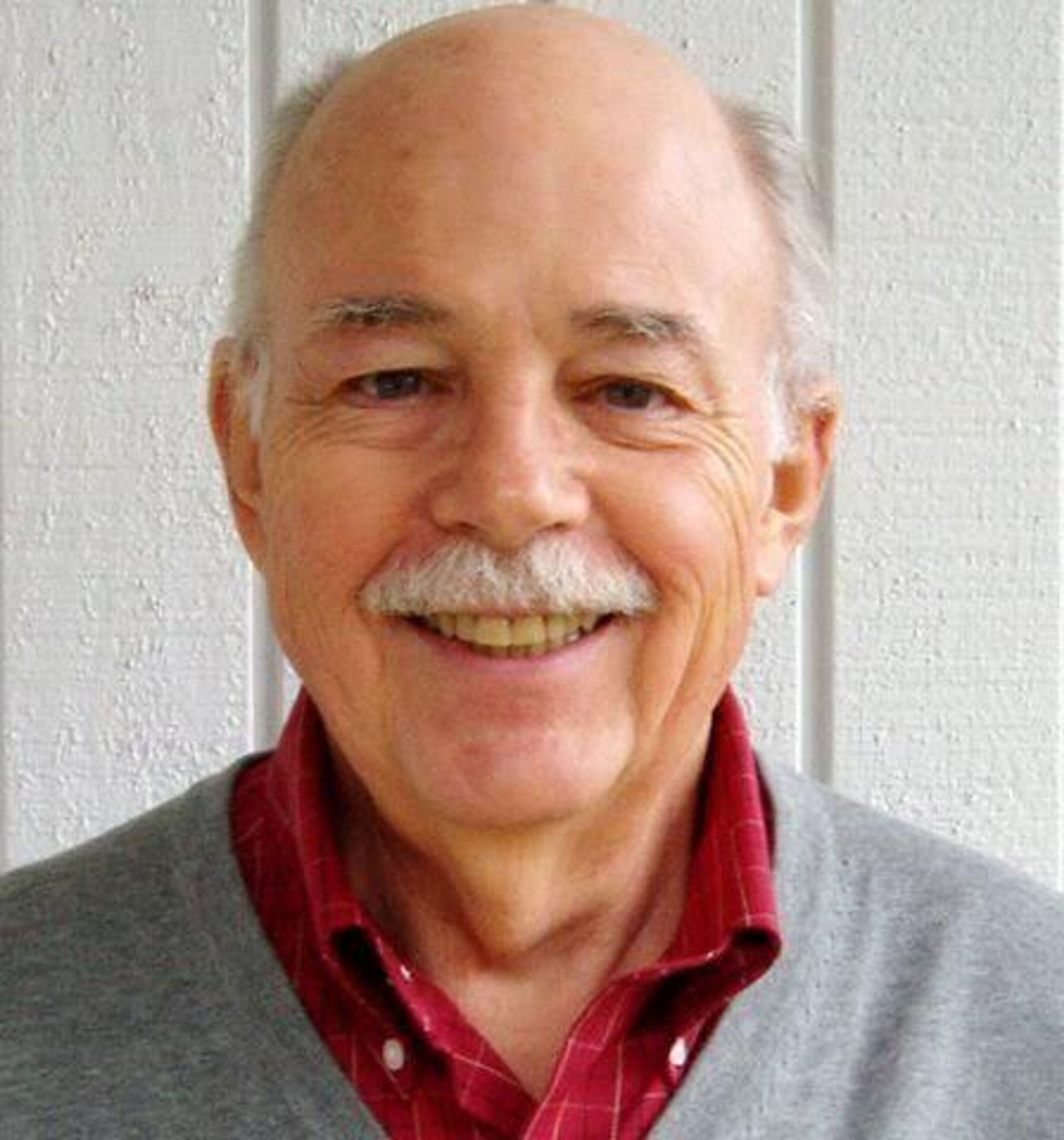Ban on mask mandates moves to Idaho House floor for a vote there
Legislative Diary
BOISE — Mask mandates and indigent care took a back seat to individual responsibility Monday, during the 10th week of Idaho’s 2021 legislative session.
Details from some of the day’s bill activity:
Legislation prohibiting the state or local units of government from imposing mask mandates to slow the spread of contagious diseases earned a favorable recommendation from the House State Affairs Committee.
The bill, sponsored by Rep. Karey Hanks, R-St. Anthony, indicates that face masks or shields cannot be required “as a condition for entry, education, employment or other services.”
The legislation, which doesn’t yet have a bill number, applies to cities, counties, public schools and universities, public health districts and other special taxing jurisdictions, as well as to state agencies.
However, the measure specifically exempts hospitals and health care facilities. That language was added after Rep. John Gannon, D-Boise, noted that an earlier version of the bill may have prevented hospitals or hospital districts from requiring masks.
Almost all of the testimony during an hourlong public hearing was in support of the legislation.
Dr. Lynn Laird, a Treasure Valley psychologist, noted that sexual assault victims often can’t wear masks without suffering severe mental health trauma, because it’s a reminder of having their face covered during an attack.
She said the police and business owners either don’t know or don’t care that mask mandates typically include exemptions for people who can’t wear masks for medical reasons.
“Exemptions aren’t honored in this community,” she said.
Others question the efficacy of cloth face masks, or suggested they cause more medical harm than good. They also said government shouldn’t be able to mandate the use of a medical device by the general public.
Susan Gilman drove eight hours from Sandpoint to testify on the bill. She moved to Idaho from California last year “to get away from the madness.”
“But there are zombies walking around here with masks, too,” she said. “We’re spiraling this beautiful state into the gutter.”
Several speakers complained about private businesses requiring masks as a condition of service. However, Hanks noted that her bill wouldn’t apply to them; they could still require masks if they want.
Dave Krick, owner of Bittercreek Alehouse in Boise, was one of the few speakers to oppose the legislation. He said Boise’s mask mandate led to greater compliance and reduced conflicts between employees and customers.
“Before the mandate was in place, the majority of the public wasn’t wearing masks and didn’t come prepared to wear masks,” he said. “The mandate allowed most of the public to accept it. Had the mandate not been in place, I don’t think we would have had enough staff to stay open.”
Kathy Dawes, of Moscow, also opposed the bill, saying it undermines local control.
She and her husband “are very sympathetic to those who have spoken,” she said. “However, this bill seems to have been written with the current (coronavirus) situation in mind. It basically removes all local control, and potentially puts Idaho at risk in dealing with future airborne illnesses.”
The committee recommended approval of the bill on a 10-2 party-line vote.
It now heads to the House floor for further action.
The House approved a proposal to restrict access to the state and county indigent care program on a 68-2 vote.
The indigent care system covers medical bills for people who otherwise can’t afford treatment. The program used to cost the state and counties tens of millions of dollars each year, because so many Idahoans couldn’t afford health insurance.
However, now that Idaho offers expanded Medicaid, as well as subsidized health insurance through the state exchange, lawmakers say there’s no longer a need for taxpayer assistance.
“If we’re going to provide expanded Medicaid and (subsidized) health insurance, we shouldn’t be picking up the tab for those who choose not to be insured,” said Rep. John Vander Woude, R-Nampa, who sponsored House Bill 316.
The bill says people who qualify for Medicaid or for private health insurance will no longer be eligible for assistance through the indigent care program. Instead, they’ll have to negotiate their medical payments directly with hospitals and providers.
The legislation also shifts responsibility for public health districts from the state to the counties.
William L. Spence covers politics for the Lewiston Tribune. He may be contacted at bspence@lmtribune.com or (208) 791-9168.
Taken together, the two moves will save the state about $10 million per year. Counties would save an estimated $12 million per year in indigent payments, but would also have to pay about $10 million per year to operate the health districts.
The measure, which is supported by the Idaho Association of Counties and the public health districts, now moves to the Senate for further action.








